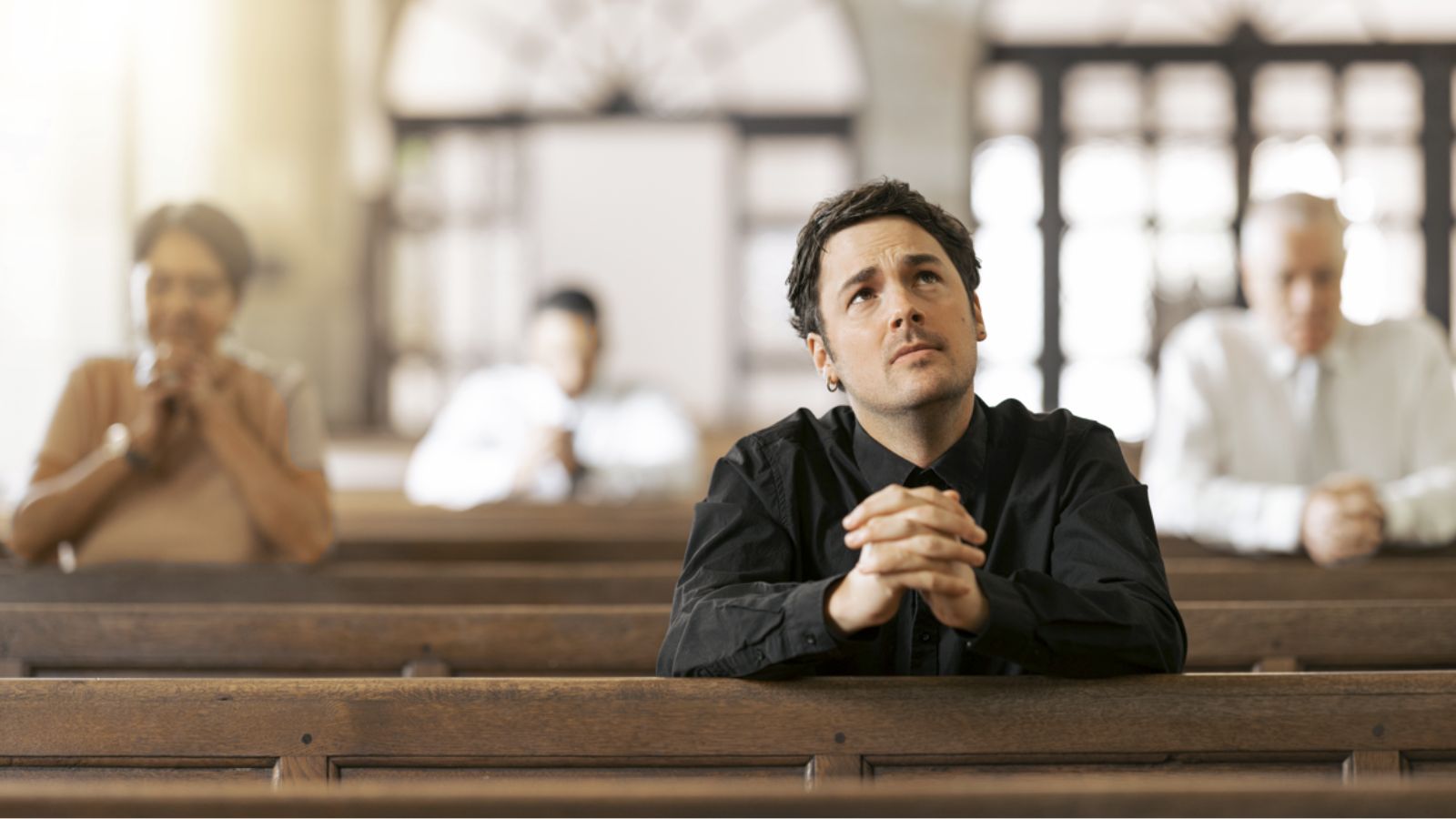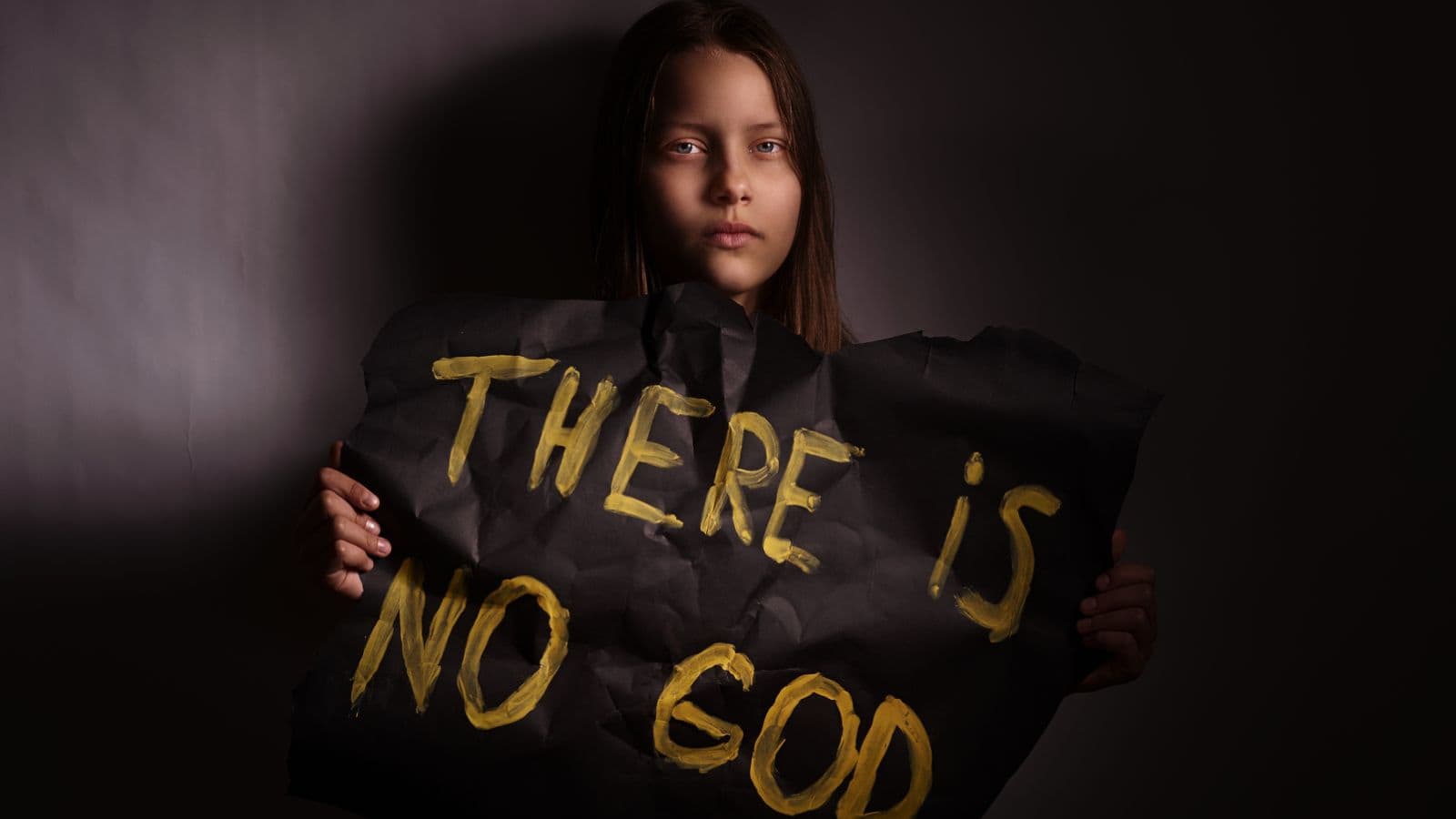There are many reasons why more Americans are leaving religion behind, choosing to be atheists instead. Whether it be cultural or educational, we wish to share 19 of these with those of you who have always wondered why.
Increased Access to Information

One of the most impactful factors causing the move to atheism is the internet, as its rise coincides with the increase of atheism. As the Guardian explains, “religion is defeated by knowledge, and…the internet is a medium of enlightenment.” Educational websites, online forums, and social media contribute to this.
Higher Education Levels

As more Americans pursue higher education, they possess more knowledge and a variety of worldviews. Coupled with better critical reasoning skills and the college environment’s encouragement to question socially acceptable concepts, graduates are likely to have opposing thoughts about religion. In fact, studies show that college students are most likely to identify as atheists.
Criticism of Religious Extremism

Acts of violence, intolerance, and discrimination carried out in the name of religion drive people away from faith as well. ‘New Atheism’ emerged specifically because of the 9/11 attacks in the U.S. Atheism has become a way to directly oppose such extremism, with many offering a peaceful and rational perspective to them.
Influence of Science and Technology

Advancements in science and technology now explain many phenomena that we previously attributed to divine intervention. Also, scientific discoveries challenge many of the things religion has made us believe. Because of these, people either don’t see any use for religion or consider a more evidence-based approach to life (science) more believable.
Ethical Concerns

Ethical concerns about religious practices and teachings drive some to atheism as well. For instance, there are issues such as discrimination, gender inequality, and abuse within religious institutions that many don’t want to be closely associated with. And since atheism offers an ethical stance that aligns more closely with their values, they choose it instead.
Decline of Traditional Religious Institutions

Traditional religious institutions are facing declining membership and influence as scandals, perceived hypocrisy, and outdated practices lead many to distance themselves from organized religion. As trust in these institutions erodes, some people turn to atheism as an alternative, seeking a more rational and ethical framework for their beliefs.
Influence of Media

The media’s representation of atheism has increased, with television shows, movies, books, and online content featuring atheist characters and themes. These make the concept of atheism more familiar and acceptable. The media’s representation of atheism helps demystify it and encourages open discussion about non-belief, reducing stigma and misunderstanding.
Cultural Shift Towards Individualism

American culture increasingly values individualism and personal freedom, encouraging people to form their own beliefs rather than adhere to inherited religious traditions. The emphasis on personal autonomy supports the rise of atheism as individuals seek to define their own spiritual paths, aligning with their unique values and experiences.
Social Acceptance of Non-Belief

Non-belief is becoming more socially accepted, making it easier for people to identify as atheists without fear of stigma. Media representation of atheism and prominent atheist figures help normalize non-belief, and as societal acceptance grows, more individuals feel comfortable expressing their atheism openly and confidently.
Influence of Secularity

Secular humanism promotes ethics and values independent of religious doctrine, emphasizing reason, compassion, and human well-being. This appeals to those who reject supernatural beliefs. The rise of secular humanism provides a framework for atheists to construct meaningful lives without religion, offering a moral compass rooted in human experience.
Generational Changes

Younger generations are less likely to affiliate with organized religion compared to their predecessors. Millennials and Generation Z prioritize inclusivity, science, and social justice, often finding traditional religious teachings incompatible with their values. These generational differences contribute to the growing prevalence of atheism among younger demographics.
Questioning Authority

A broader trend of questioning authority now spreads through American society. As people become more skeptical of authority figures, they apply the same scrutiny to religious doctrines, leaders, and institutions. This questioning attitude leads some to abandon faith in favor of atheism, seeking authenticity and autonomy in their beliefs.
Impact of Globalization

Interactions with people from different backgrounds encourage open-mindedness and reevaluation of personal beliefs. So, it’s no surprise how globalization has exposed Americans to diverse cultures and beliefs, including atheism. Exposure to global perspectives can diminish the influence of traditional religious teachings, fostering a more pluralistic and secular outlook.
Rise of Critical Thinking

The emphasis on critical thinking skills in education encourages individuals to question and analyze beliefs—they enable people to critically evaluate religious doctrines and consider atheism a rational alternative. Critical thinking promotes a more evidence-based approach to understanding the world, challenging faith-based narratives.
Disillusionment with Religion

Many people experience disillusionment with religion due to negative personal experiences or unmet expectations. This then leads to a loss of faith and the adoption of atheism. Personal stories of religious disillusionment are common among those who identify as atheists, highlighting the emotional journey away from traditional beliefs.
Increased Focus on Personal Fulfillment

Modern society places a high value on personal fulfillment and happiness, and people now seek meaning and purpose in ways that resonate personally, often outside traditional religious frameworks. Atheism allows for a personalized approach to life’s big questions, free from religious constraints, enabling individuals to pursue their true passions.
Political and Social Movements

Political and social movements advocating for the separation of church and state reduce religion’s dominance. This, in turn, influences the rise of atheism. These movements create an environment where atheism can thrive, given that they promote a secular approach to governance and public policy.
Community Support Networks

Atheists have formed supportive communities that offer a sense of belonging and shared values. Organizations, meetups, and online groups provide spaces for fellow non-believers to connect and support each other. These networks help individuals feel less isolated in their non-belief, fostering a sense of solidarity.
Increased Intellectual Pursuits

Engagement in intellectual pursuits often leads to questioning religious beliefs. Here, we see philosophical, scientific, and historical studies that encourage deep thinking about existence and the nature of belief. And with intellectual curiosity, we see individuals steer toward atheism as they explore these profound questions, seeking knowledge and understanding.
Up Next: 17 Phrases Older People Use That No One Else Gets

Each and every generation has its own phrases and sayings that separate it from the rest, and the boomers certainly have plenty. Discover 17 popular boomer phrases that aren’t often used today and what they mean. Maybe you’ll want to bring some of them back!
17 Phrases Older People Use That No One Else Gets
People Who Don’t Show Empathy Usually Have These 18 Traits

The world would be a better place if everyone had a little more empathy. But sadly, in reality, some people show much less empathy than we’d like. Here are 18 traits of people who don’t show empathy.
People Who Don’t Show Empathy Usually Have These 18 Traits
The 17 Unhappiest States in America

The US has hit an all-time low position in the World Happiness Index, tumbling to 23rd in 2024. However, it’s important to remember that location is an important factor; many US states are very happy, unlike the following 17 US states that appear to be the most unhappy.

